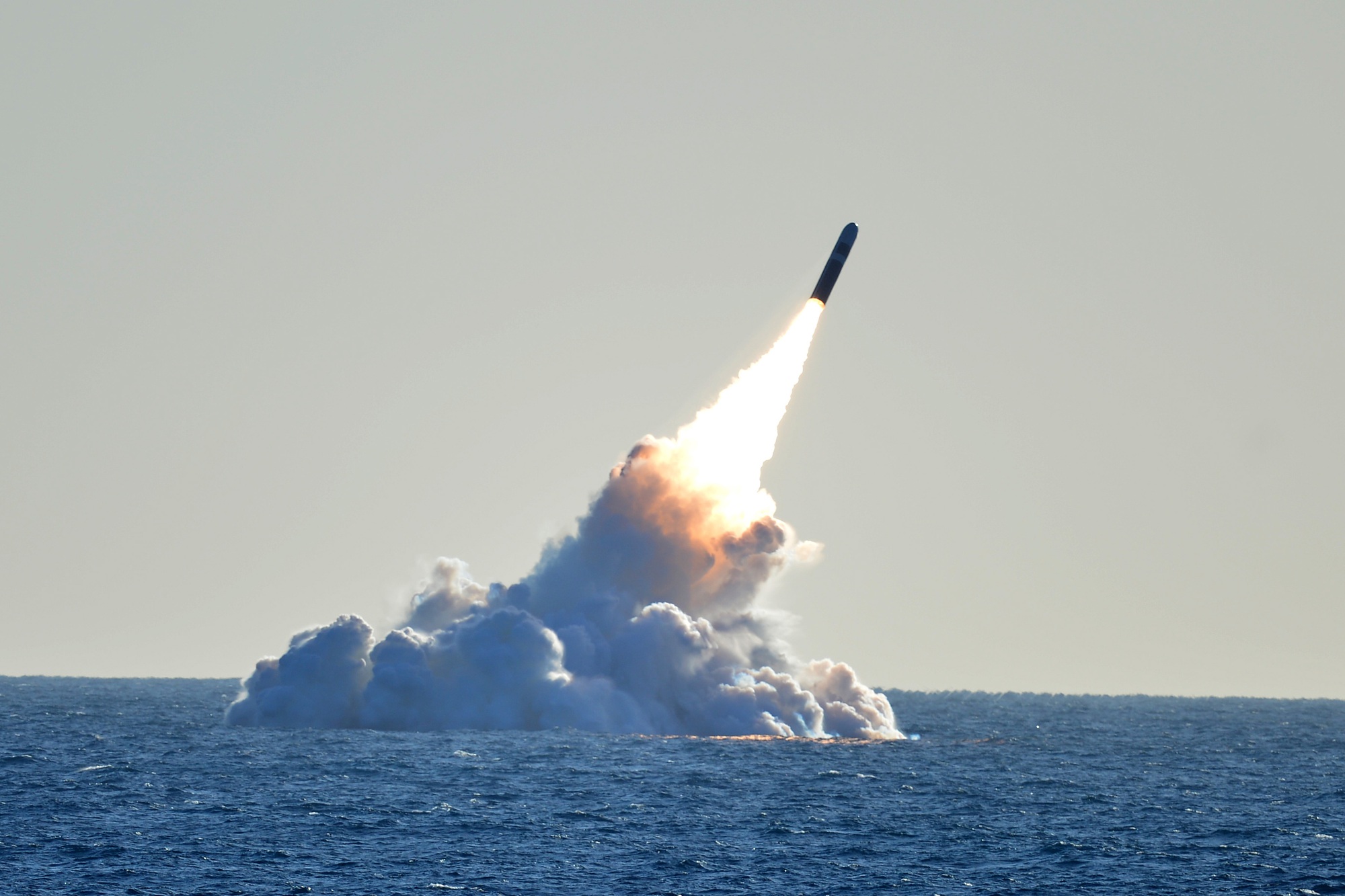
A Trident II D5 missile without a nuclear warhead is launched during a test launch from the submarine USS Nebraska off the coast of California (USA).
The South China Morning Post on June 9 quoted a senior Pentagon official as saying that the US was under pressure to modernize its nuclear arsenal and outline plans for an expanded nuclear umbrella and contingency plans.
The reason is that China and the Democratic People's Republic of Korea have significantly increased their nuclear weapons capabilities, according to Mr. Ely Ratner, assistant secretary of defense in charge of security issues in the Indo- Pacific region of the US.
US says it is under pressure from China and North Korea's nuclear weapons capabilities
Last year, the US Department of Defense reported that China could have as many as 1,500 nuclear warheads by 2035, a claim Beijing later denied. According to the Stockholm International Peace Research Institute (Sweden), Russia has an estimated 5,977 nuclear warheads, while the US has 5,428.
"It is no secret that the People's Liberation Army (PLA) is undergoing a major nuclear modernization. Ensuring that we have the capabilities necessary to maintain deterrence remains a priority for the United States, as it relates to our allies and partners," he said.
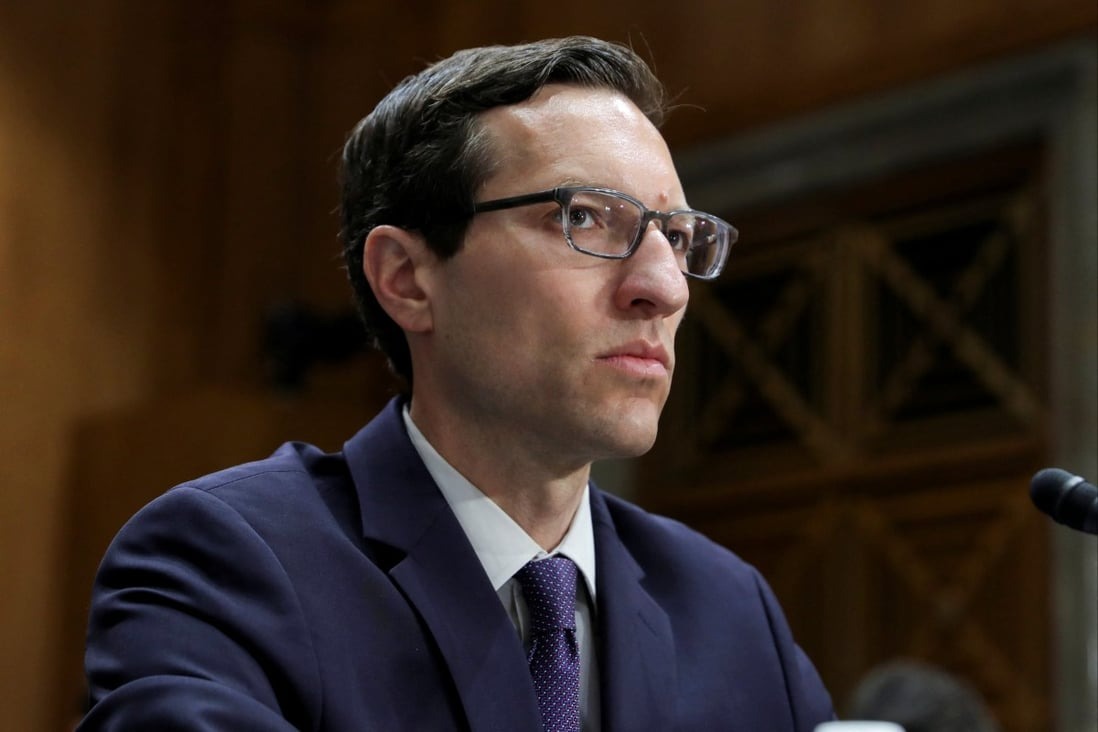
Mr. Ely Ratner, US Assistant Secretary of Defense for Indo- Pacific Security Affairs
One pillar of the Northeast Asia response is funding for America’s nuclear modernization. In 2021, the Congressional Budget Office estimated that Washington would spend $634 billion over the next decade to upgrade its nuclear arsenal, up 28% from projections 10 years earlier.
Projects include continued development of a new W76-2 low-yield nuclear warhead for some submarine-launched ballistic missiles and longer-term development of a new submarine-launched nuclear cruise missile.
Other nuclear priorities, particularly with regard to North Korea, include strengthening potential responses to Pyongyang's moves and expanding deterrence in the Indo-Pacific with South Korea, Japan, Australia and other countries where the US is "extending its nuclear umbrella in the region," Ratner added.
Russian-Chinese Air Forces conduct joint patrols in the Pacific, South Korea and Japan launch surveillance aircraft
Ratner, who has just returned from the Shangri-La Dialogue in Singapore from June 2-4 and consultations in India, expressed confidence that the Biden administration’s focus on allies and partners has been effective in countering China’s growing presence.
“It’s no secret that China’s assertiveness and coercion have really underscored the importance of working together. I’m a firm believer today that the forces of stability are far outweighing the forces of aggression and coercion,” said Ratner, who has worked for the State Department, the Rand Corporation and the National Security Council.
China and North Korea did not immediately respond to Ratner's remarks.
Source link


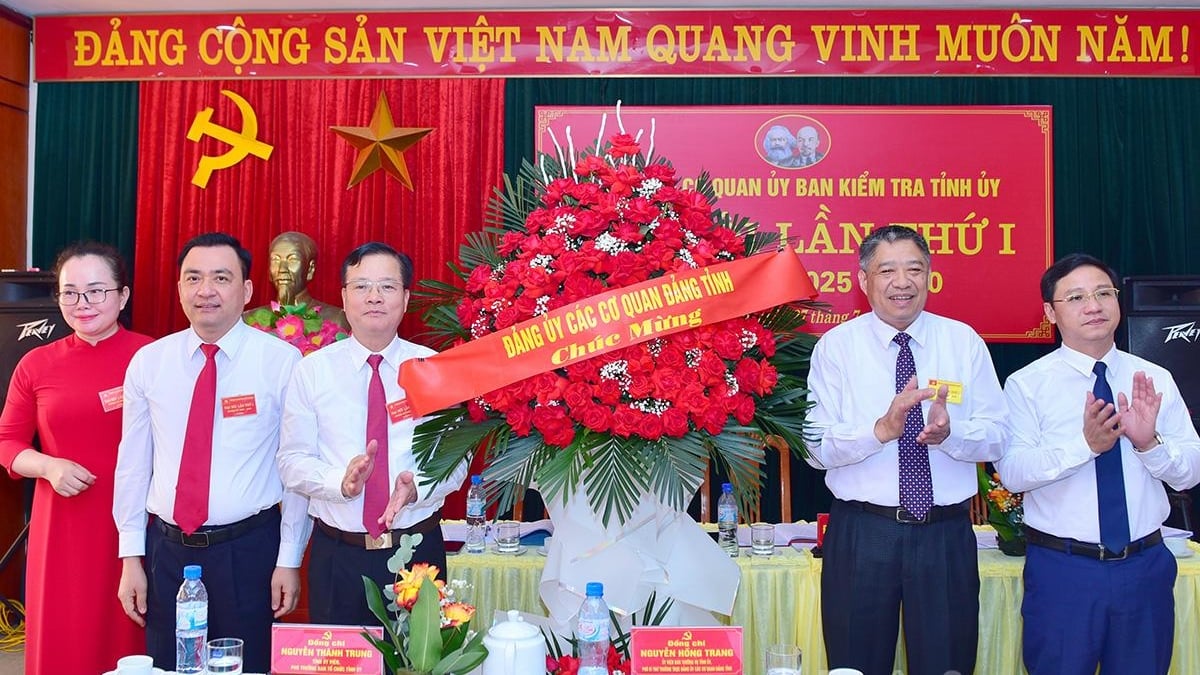


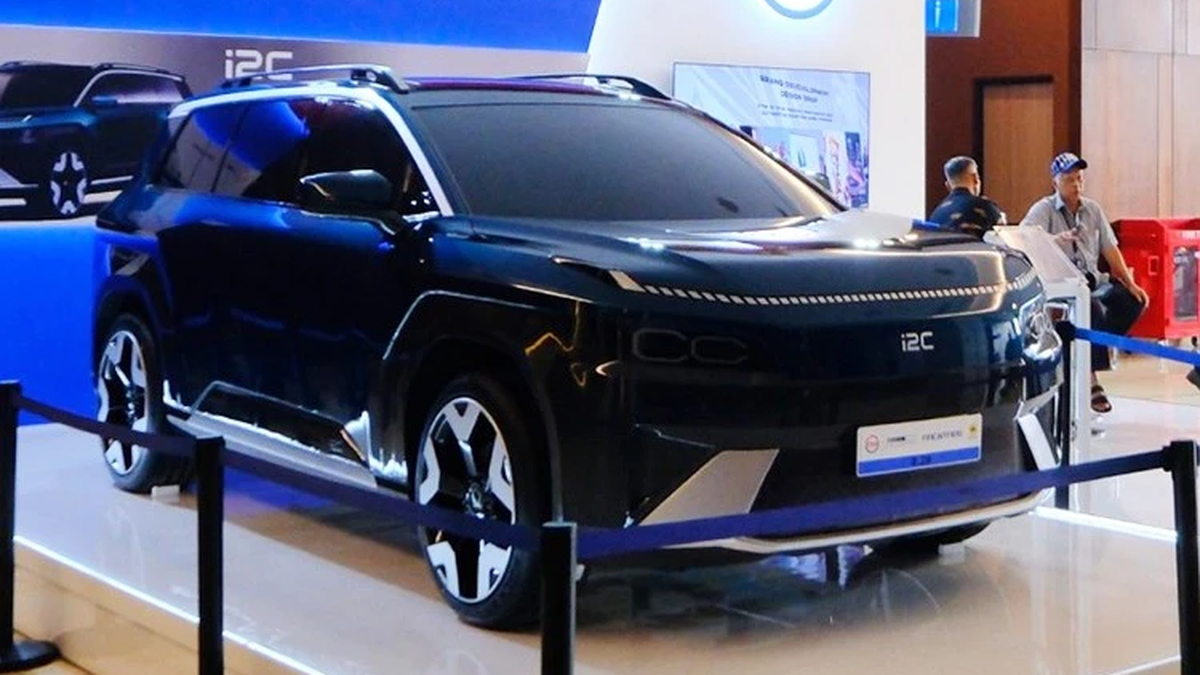




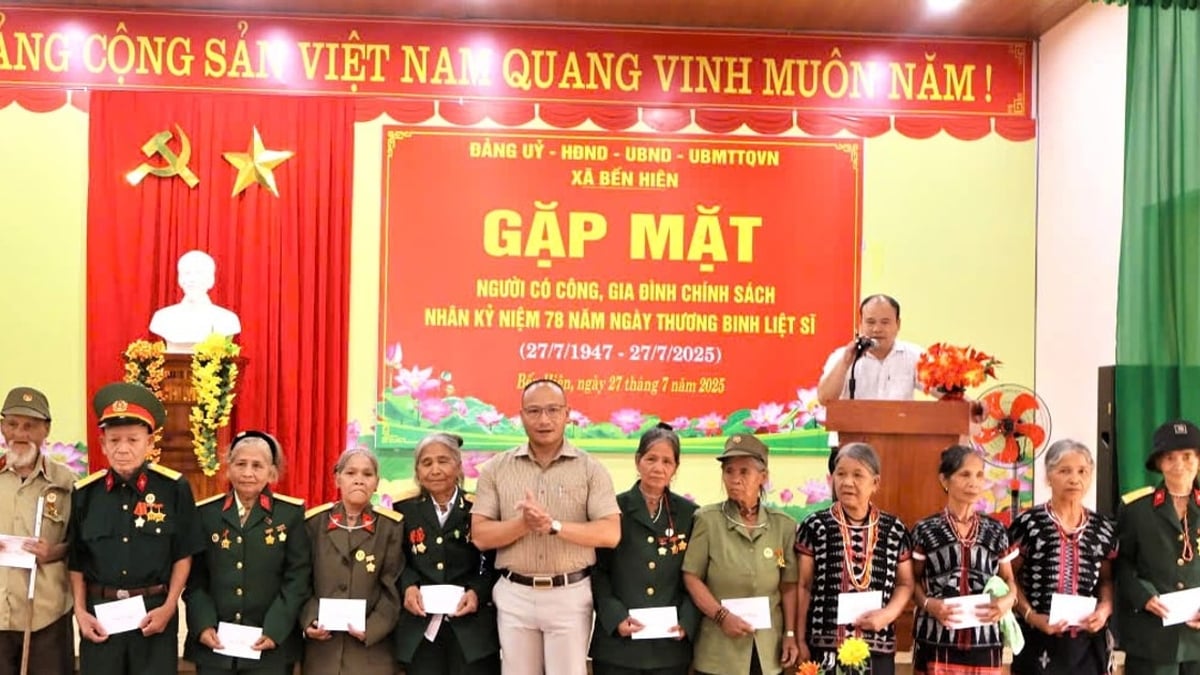























































































Comment (0)